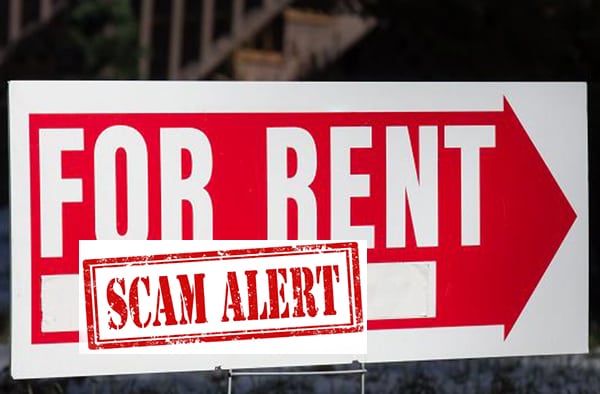
Jacob Mutisi ICT EXPERT Attention home-seekers! Scammers are taking advantage of the unprecedented housing shortage and are looking at ways to steal from you.
With the growth of the internet just about every rental search beginning online these days, it’s a given that con artists are taking advantage of eager consumers due to Zimbabwe’s housing shortages.
You advertise your upmarket property for rent.
A couple will turn up showing interest in renting the property and that they would want to move in on the first of the month.
If they like the place they will pay the deposit and a month’s rent.
They will provide you with fake national identity documents and sign a lease.
This couple will never move in to occupy their rental place.
This is when rental fraud or rental scams start.
- Chamisa under fire over US$120K donation
- Mavhunga puts DeMbare into Chibuku quarterfinals
- Pension funds bet on Cabora Bassa oilfields
- Councils defy govt fire tender directive
Keep Reading
The couple “scammers” then re-advertise their upmarket rented properties on social media, well-known classified and property websites.
Offering it at a rental mega discount in order to attract a larger number of “tenants” in the 30 days that the place is vacant.
The scammers’ listing ads will usually stand out because it will be offered at an astonishingly affordable price that is significantly cheaper than comparable properties in the neighbourhood.
In addition, the house will often offer every amenity, such as magnificent views,secure parking, the promise of a secure environment and quiet street with pleasant neighbours.
There is always a stampede for this upmarket property whose rentals are ridiculously low.
Because of the affordable rental price every tenant who turns up will pay the deposit and one month rental as soon as they visit this cheap upmarket property, without hesitating.
These kind of properties have a monthly rental of US$1 000 per month and they will peg the rental at half the price of USD$500.
The couple will do this for the next 30 days renting the property for US$500 per month and a deposit of US$500, collecting US$1 000 from each tenant and making sure they collect from 10 tenants a day.
Making a minimum of US$10 000 per day and they will do this for 30 days making a whooping US$300 000 per month if they are successful.
On the first day of the next month 300 tenants will come to the property hoping to move in with the “landlords” nowhere to be found.
When this happens your money is gone and will not be returned.
Other scammers do not want to lose money by paying the deposit and rentals; they advertise rental properties on social media platforms, Whatsapp groups and online on well-known property websites.
When there is an expression of interest, they advise that they are in another country, city or town and request that the payment is conducted through a money transfer business like Mukuru, Western Union, Ecocash or online.
The scammers always appear genuine by providing photos, real addresses of properties, land title deeds and even scans of stolen identity documents.
They will scam you by asking for a month’s deposit and rent to secure the property.
If you pay by money transfer, there is very little chance of moving in or ever recovering your money.
The only way to protect yourself against these scam bugs is to use your common sense.
If the property is too cheap and looks fantastic then it is probably too good to be true.
That is the tell-tell sign.
It is always difficult to ask for identification from the potential landlord but my suggestion is to request for it, if you are in doubt and advise him/her that you have lost money due to scammers.
Please verify his identity with the police or any other relevant authorities
Research the landlord. With a simple Google search, you can find out if the person is associated with the area, or even if they have been named in scams in the past by news outlets, local law enforcement or previous victims.
Meet in person. Many scammers are unwilling to meet in person, and if you do so for an apartment tour, you will be able to get proof of access to and knowledge of the property as you walk around and ask questions.
Background research. If you can, see if you can chat with someone who has rented from the same person or company in the past.
Use the internet. Conduct an internet search on the property to see who may live there, and determine if there are additional rental ads for the same property.
Remember, rental property listing scammers typically aim to steal money from interested renters.
They will always try to get you to pay your deposit and monthly rental fee before moving into the flat, house or rental unit and they will keep the money without any intention of renting a unit to you. DO NOT BE A VICTIM BE AHEAD OF THE SCAMMER.
- If you need more details please whatsapp/call +263772278161.
- Mutisi is the CEO of Hansole Investments (Pvt) Ltd and the current chairperson of Zimbabwe Information & Communication Technology, a division of Zimbabwe Institution of Engineers.






